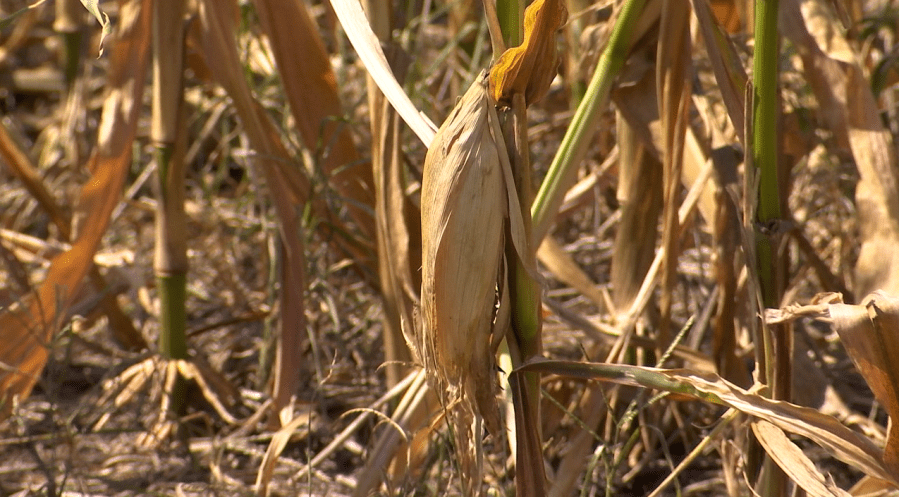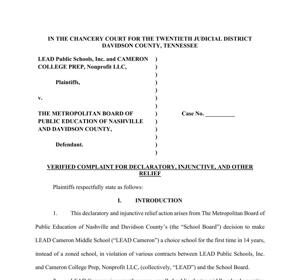NASHVILLE, Tenn. (WKRN) – 2024 marked a tough year for Tennessee farmers following drought, inflation and even a hurricane. A new state report warns that 2025 could be just as challenging.
From Mother Nature to the economy and politics, many Tennessee farmers are hoping to put 2024 in the rearview mirror for greener pastures.
“Our farmers have suffered; there’s lots of challenges,” said Lee Maddox, spokesperson for Tennessee Farm Bureau Federation.
Maddox said spring flooding early in the season forced some farmers to replant. Then, hurricane Helene hit farmers in northeast Tennessee.
“Tomato farms, sod farms just completely wiped out, devastated, so quite an impact from the weather in 2024 to our Tennessee farmers,” explained Maddox.
As the hot, dry summer months stretched on, drought worsened across the state. In fact, many farmers didn’t receive the plentiful fall harvest they were banking on.
“Our farmers enjoy and love the work that they do, but it’s a business. Just like any other business, they have to make a profit to stay in business. And many are going to struggle this next year to stay in business,” Maddox told News 2.
New findings from UT’s Boyd Center for Economic Research found that sales of Tennessee corn, cotton, wheat and soybean declined by $582 million compared to 2023. While sales are down, inflation is driving up cost for farmers to buy seed, fertilizer, fuel and machinery.
“Everything has just grown astronomically, and the price that they get paid for the crop that they produce, just doesn’t match,” added Maddox.
In addition, farmland is drying up and is being replaced by subdivisions and retail.
“We’re losing farmland at an alarming rate,” warned Maddox. “Almost 10 acres an hour that we are losing farmland in Tennessee, and especially right here in Middle Tennessee, it’s been hurt the most.”
Agriculture and forestry make up 11% of Tennessee’s economy. However, Maddox said when farmers hurt, all of Tennessee hurts.
“It hurts those local communities because there’s not as much coming back from the farmer that’s turning back over into those local economies,” he said.
This month, Congress extended the national Farm Bill, but Maddox said Congress needs to write a new bill in order to lay an agricultural roadmap for the next few years.




